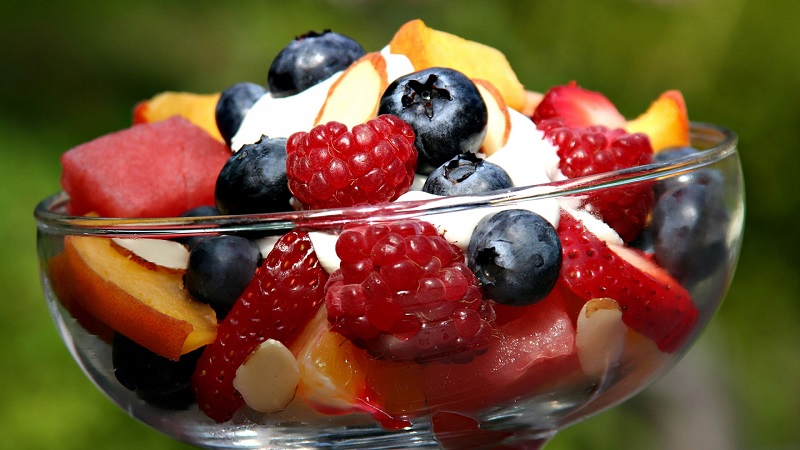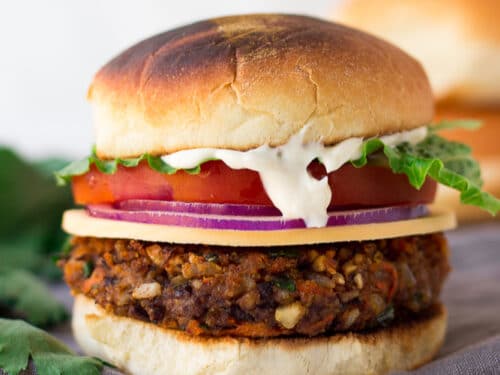When losing weight, it is important to know how to go about it while still nourishing your body properly. Often times when people try to lose weight, they simply eat less food and more “light” products to try and restrict their calorie intake. While portion control and keeping calories in check is important, we want to make sure we are still getting adequate nutrients to support our health. This is the difference between calories and vitamins.
Below are some of the common strategies to losing weight that don’t take general nutrition and health into account:
• Calorie restriction
• Eating “light” or “low-fat” packaged products
• Eliminating all carbohydrates from your diet (bread, rice, fruit, beans, etc.)
Any one of these methods can certainly result in weight loss, but weight is just a small piece of the overall “health” puzzle. Relying on these methods can mean that your diet is seriously lacking in important vitamins such as iron or calcium.
Calories are a form of energy that our bodies burn, just like diesel in a truck. Vitamins, however, are needed for other body functions, such as protecting the immune system and promoting healthy skin and nails. You can think of vitamins as all of the other fluids that go into your truck – oil, washer fluid, anti-freeze, etc. Sure, the truck could still run without some of those things, but its performance will really suffer, and it won’t put as many miles on as a truck that is given what it needs.
You probably know several people who eat whatever food they want, much of it fast food and packaged food, but maintain a low body weight. They probably keep the weight off thanks to a high metabolism, meaning their body burns calories at a high rate. However, if you haven’t already guessed it, they may not have a strong health profile in other areas, such as cholesterol levels, blood pressure, etc. If you take an even closer look, they may have signs of minor or serious vitamin-deficiencies as well, such as cracked skin, brittle nails, hair loss, or even anemia.
This is why it is important to approach weight loss from a whole-food approach. Eating “whole food” means you will be eating natural, nutrient-dense food that is full of vitamins, encouraging long-term health as well as weight loss.
Whether looking to lose weight or not, avoid foods that are calorie-dense and nutrient-sparse. These foods are typically packaged, processed, and low in nutrients – think potato chips, cookies, and candy.
Instead, look for nutrient-dense foods such as the following:
– Vegetables of all colours. Frozen veggies contain just as many nutrients as fresh since they are “flash-frozen.” You can enjoy them raw or cooked, depending on preference and convenience.
– Fruit, although you should avoid canned fruit with added sugar.
– Nuts, seeds, unprocessed oils like olive and coconut. These are naturally high in both calories and vitamins and are great as part of a healthy diet when in their most natural state.
– Lean meats that are grilled, baked, or stir-fried
– Complex carbs like brown rice and beans
The best part of eating nutrient-dense food is that a diet full of produce, lean meats, and complex carbs is typically calorie-balanced (as long as you keep portions in check), meaning they calorie count will fall right into place without you having to count calories. The result? A healthy, thriving body AND a healthy body weight!





Leave A Comment